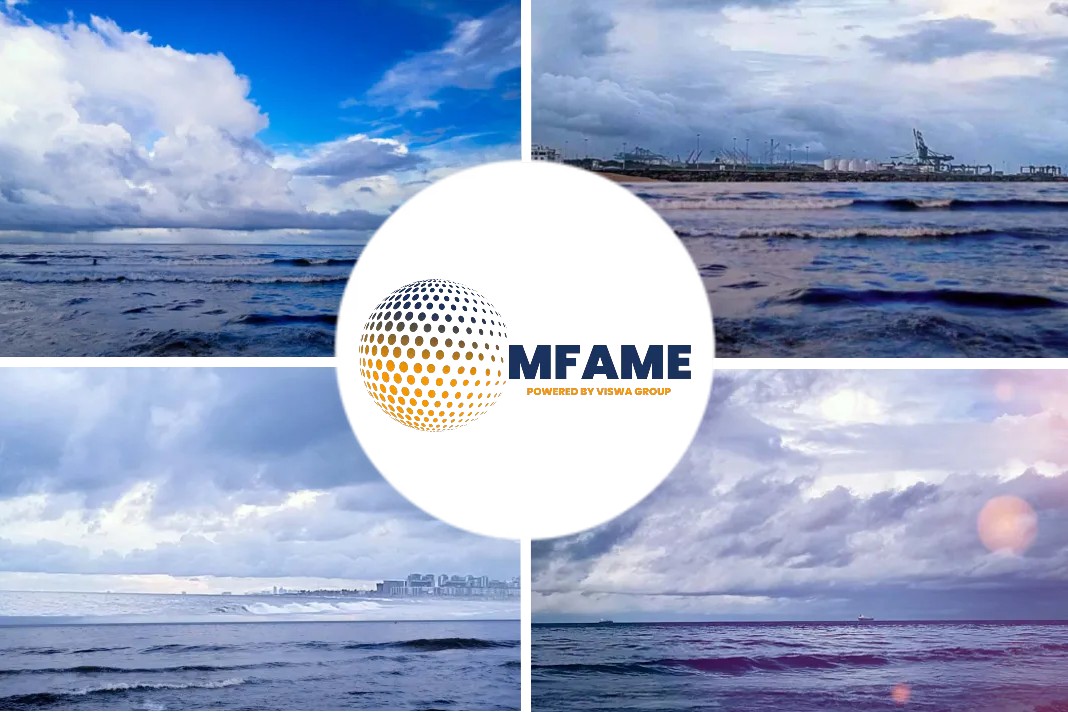
Key port hubs
Green shipping corridors, which are special routes connecting key port hubs where the practicality of zero-emission shipping is catalysed by a combination of governmental and private activities, are critical for shipping’s race to zero emissions. The analysis identified the eight most promising green corridor routes into and out of Spain. The analysis revealed that the United Kingdom, Italy, and the United States are the most prospective partner countries for Spain for the development of green corridors, followed by Turkey, Morocco, and China, based on the amount of trade, energy demand, dominating trade segments, and policy environment.
Findings indicate that there are various deep-sea opportunities in the container segment, such as container trade between China and the ports of Barcelona and Valencia and between US East Coast ports and Valencia and Algeciras. Short sea opportunities within Europe were also identified, such as container traffic between the ports of Bilbao and Liverpool, container traffic between Valencia and Turkey and general cargo traffic between Valencia and Italy. Finally, two promising cruise routes were identified, Mediterranean cruise with Barcelona as home port and the Atlantic Spain-UK cruise route.
Several building blocks need to be in place to establish a green corridor, including a viable fuel pathway, customer demand for green shipping, enabling policy and regulation, and cross-value chain collaboration. Findings of the study demonstrate high levels of interest and varying degrees of activity around zero-emission fuels among Spanish ports, as well as favourable conditions for potential bunkering of hydrogen-based zero-emission fuels across the country’s major ports. On the industry side, potential demand for decarbonised freight and the presence of strong companies throughout the international shipping value chain further strengthen the case to advance green corridors in and out of Spain.
Infrastructure
The study builds on the results of the preliminary report conducted by the Global Maritime Forum and the Energy Transitions Commission in collaboration with the British Embassy in Madrid. To identify the most promising green corridor routes, the Global Maritime Forum, with the support of the British Embassy in Madrid, organised workshops and conducted surveys to gather input from Spanish stakeholders and industry leaders. The route prioritisation process was based on the evaluation of their relative impact and feasibility. The underlying logic of the assessment was that decarbonising a route should significantly contribute to the overall decarbonisation of global shipping while still being comparatively feasible from an implementation standpoint and within a reasonable timeframe.
The United Kingdom is firmly committed to the decarbonisation of the maritime sector, and an example of this is the creation of UKShore, the first office purely dedicated to making maritime greener by pioneering new research and development of technology.
“The identification of these green routes offers opportunities to stimulate the growth of new value chains in Spain and the UK, including new zero-emission shipping technologies and services. The publication of this report is a first step that will follow public and private institutions to work together to develop these routes,” says Francisco Álvarez, Public Policy Attaché at the British Embassy.
“Studies like this showcase that the industry is taking concrete steps towards achieving shipping’s full decarbonisation. While working on this study, we encountered an impressive enthusiasm and deep understanding of the potential of green corridors across Spanish stakeholder groups. This is a rapid advancement from just over a year ago when our previous report, Green Corridors: The Spanish Opportunity, was published,” says Jesse Fahnestock Project Director at the Global Maritime Forum.
“The development of green and digital shipping corridors is a priority for the Port of Bilbao, and fits the port’s growing portfolio of sustainability initiatives. The decarbonisation of the routes such as the ones featured in the report will have a great impact due to the volume of freight and passengers they carry and the huge potential that exists in moving from road to sea. For these reasons, we believe in the viability of decarbonising these shipping routes,” says Andima Ormaetxe, Director of Operations, Commerce and Logistics at the Port Authority of Bilbao.
Did you subscribe to our newsletter?
It’s free! Click here to subscribe!
Source: Global Maritime Forum

























